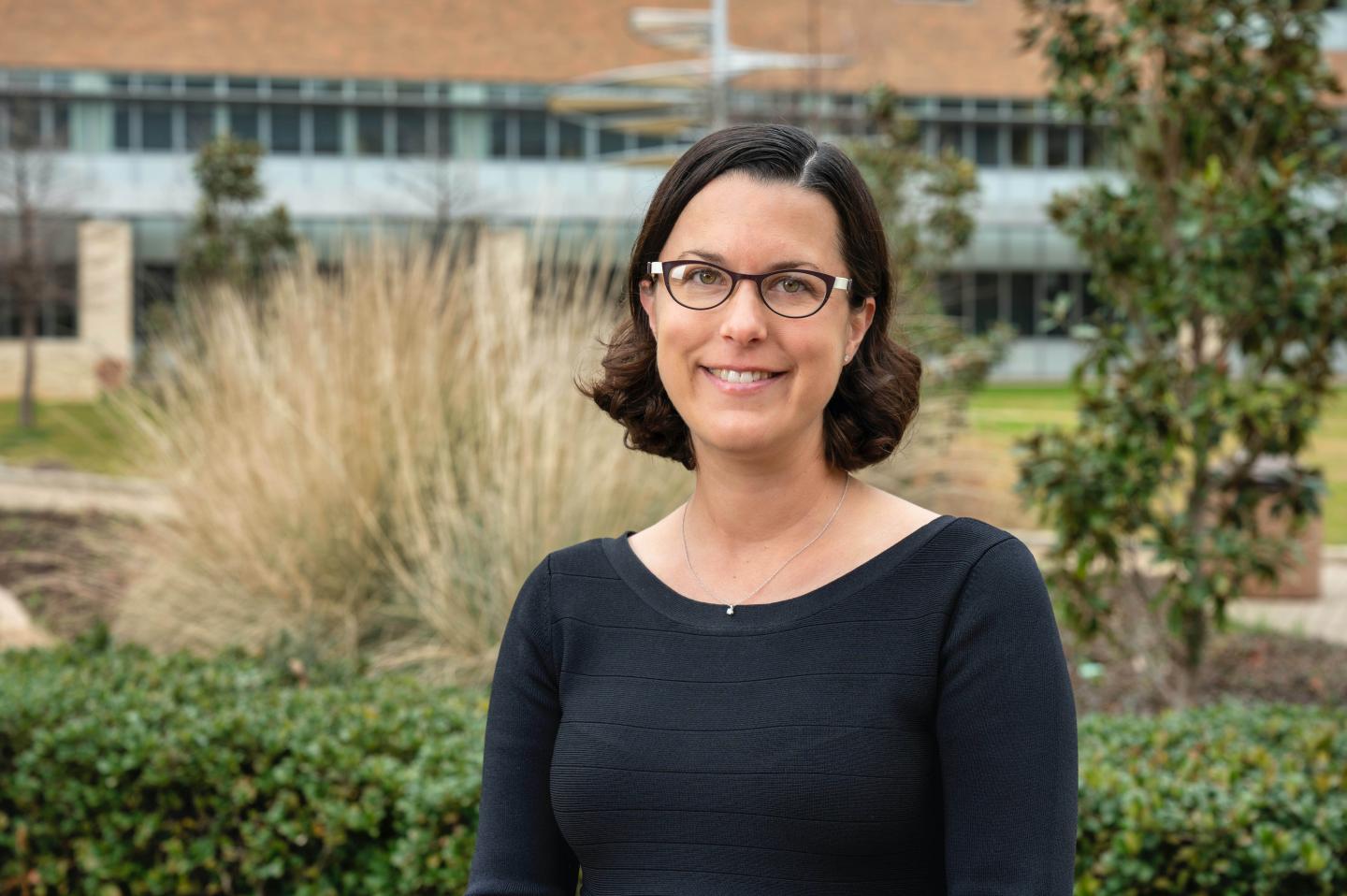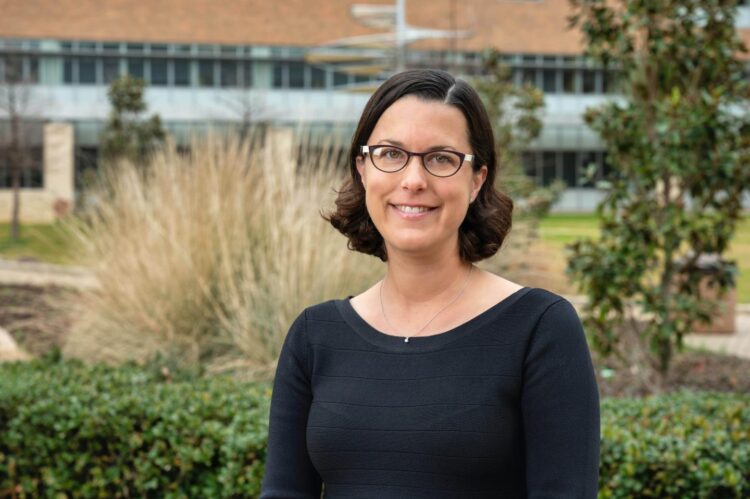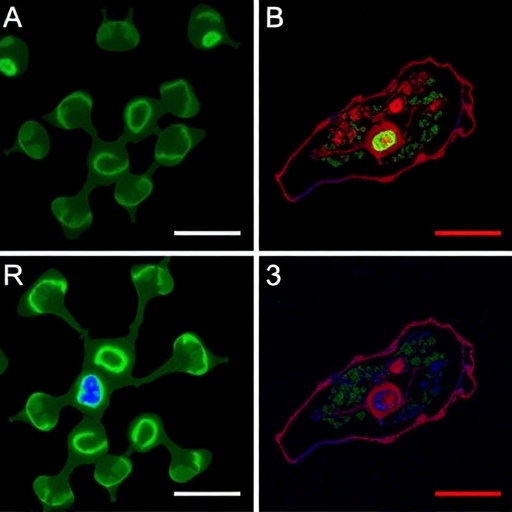UTA research into Iowa farming has potential impact for urban and rural areas in Texas

Credit: UT Arlington
A University of Texas at Arlington assistant professor in the Industrial, Manufacturing, and Systems Engineering (IMSE) Department received a $248,404 sub-grant to study how to make farming more sustainable and environmentally friendly.
“We’re trying to determine what it would take to have peri-urban and urban farms in central Iowa produce enough consumable food crops to supply 50% of Des Moines residents’ nutritional needs, and what the impact on the environment would be” Assistant Professor Caroline Krejci said.
Peri-urban areas are largely defined as the areas that surround metropolitan areas and cities–neither urban nor rural in the conventional sense. They are the fastest-growing regions in many countries.
The overall $2.5 million National Science Foundation grant went to Iowa State University and includes the University of Northern Iowa.
Paul Componation, IMSE department chair, said Krejci’s work could have a significant impact on other large urban areas that are adjacent or close to agricultural sectors.
“Metropolitan areas with high growth rates, such as DFW, typically don’t think about how to use local resources in a sustainable way,” Componation said. “Looking at ways to make the trip from farm to table more efficient can improve the Metroplex’s sustainability and improve quality of life for our residents.”
The scope of the project looks at food production systems in and around Des Moines, Iowa. The researchers will develop a model that integrates climate, crop production, markets, water systems and the urban environment. Krejci’s role in the project focuses on modeling the decisions and behavior of farmers and consumers.
“In the U.S., nearly all of our food comes from distant sources, like California or even New Zealand,” she said. “Years ago, Iowans produced their own food. Not anymore.
“We’re using interviews and surveys to determine what it would take to encourage farmers to produce more consumable crops and what would convince consumers to purchase more local food. I’ll use that data to create a simulation model that tests the impact of different policy scenarios on food system structure over time. Then we’ll look at the effects on water quality.”
Krejci said Iowa is known for producing corn and soybeans, two crops that are not environmentally friendly.
“Agrochemical runoff from Iowa farms that enters the watershed impacts not only Des Moines residents’ water quality, but also people far beyond Des Moines, because it enters the Mississippi River and flows down to the Gulf of Mexico,” said Krejci, who was an assistant professor at Iowa State before arriving at UT Arlington. “We’re looking at what it would take to change the food supply system to improve water quality and increase central Iowans’ access to fresh and healthy local food, while maintaining or even improving Iowa farmers’ incomes.”
###
Media Contact
Herb Booth
[email protected]
Original Source
https:/





